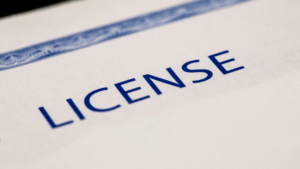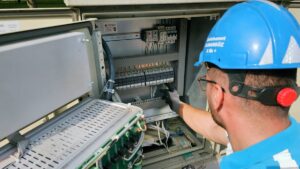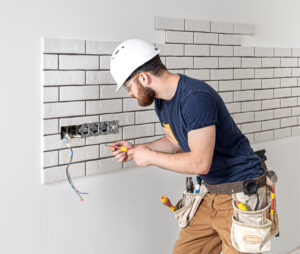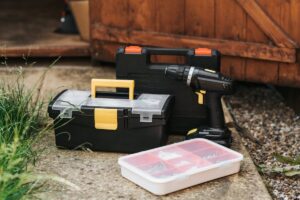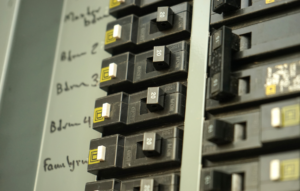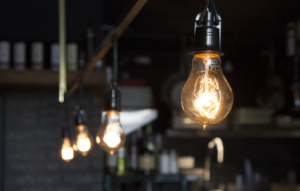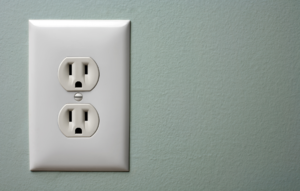Electrical systems are the heartbeat of our homes, powering everything from lights to appliances. However, like any complex system, they require regular check-ups to ensure they’re functioning safely and efficiently. Here’s why Electrical Safety Audits are vital for every homeowner and what you should know about them.
Understanding Electrical Inspections
An electrical inspection involves a thorough check-up of your home’s electrical system by a licensed professional. The inspection covers wiring, systems, components, and appliances to identify any potential issues, ensuring everything meets legal safety standards.
Why Are Electrical Inspections Important?
- Safety: The primary reason for an electrical inspection is to ensure the safety of your home and family. Electrical issues can lead to serious problems, including fires, shocks, and other dangerous situations.
- Preventative Maintenance: Regular inspections can identify problems before they become serious, saving you from costly repairs or replacements down the line.
- Efficiency: An inspection can also identify areas where your electrical system may not be running as efficiently as possible, potentially reducing your energy bills.
- Insurance and Legal Compliance: Some insurance companies require regular electrical inspections as part of their policy conditions. Additionally, ensuring your home is up to current electrical codes can save you from legal and financial headaches in the future.
When to Get an Electrical Inspection
While it’s wise to have periodic inspections as part of your home maintenance routine, certain situations necessitate an immediate inspection:
- Purchasing a New Home: Before buying a home, have it inspected to avoid any hidden electrical problems.
- After a Major Renovation: If your home has undergone significant renovations, especially if electrical systems were involved, an inspection ensures everything is up to code.
- If Your Home is Old: Older homes may not meet current electrical standards. If your home is over 25 years old, it’s a good idea to schedule an inspection.
- Signs of Electrical Problems: Flickering lights, frequent breaker trips, or any unusual electrical behavior are signs you should have an inspection soon.
What Happens During an Inspection?
During an inspection, the electrician will:
- Check the condition of wiring and electrical components.
- Ensure all electrical work meets current safety standards.
- Identify any overloaded circuits or potential fire hazards.
- Test safety devices, such as circuit breakers and GFCIs.
- Provide recommendations for any needed repairs or upgrades.
Conclusion
Electrical inspections are a critical part of maintaining a safe and efficient home. By understanding their importance and knowing when to schedule one, you can protect your home and family from potential electrical hazards. Remember, when it comes to electrical safety, it’s always better to be proactive rather than reactive.


